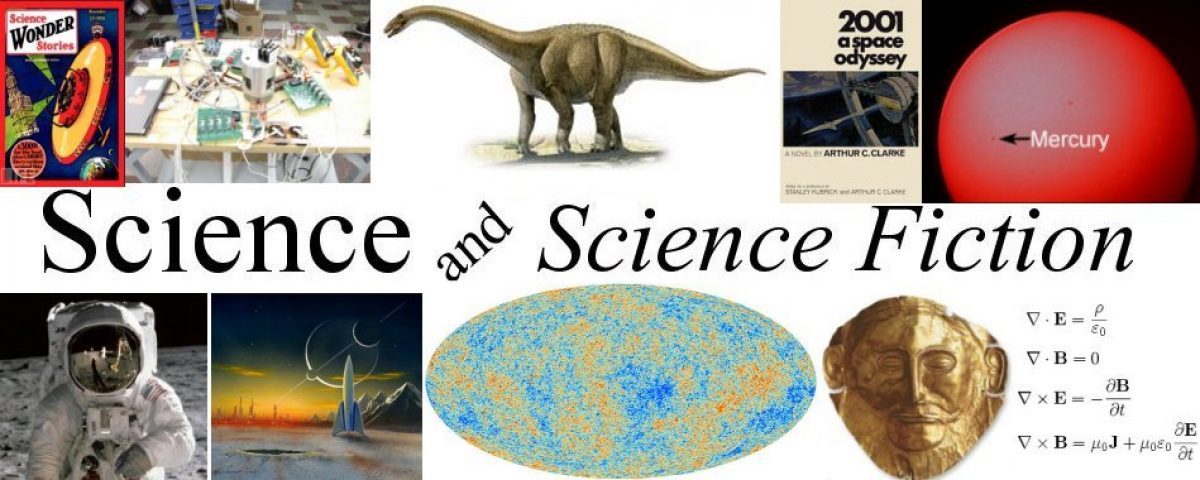We all know the basic facts about Global Warming. We all know that the massive amounts of carbon dioxide and methane that we are releasing into our atmosphere in the form of fossil fuel emissions are acting as a sort of blanket, keeping our planet from radiating away some of the energy it absorbs from the Sun. That’s why 2019 was the second warmest year ever recorded, only surpassed by 2016. And that’s why the last five years have been the five hottest years ever recorded! And now last month, January 2020 has been declared the hottest January on record! Temperature rise is a fact and we are causing it!

It turns out however that raising the world’s temperature isn’t the only way all of that carbon dioxide is damaging our planet. You see much of that carbon dioxide ends up getting absorbed into the Earth’s oceans. Estimates are as much as 35% of CO2 emissions wind up in the ocean.
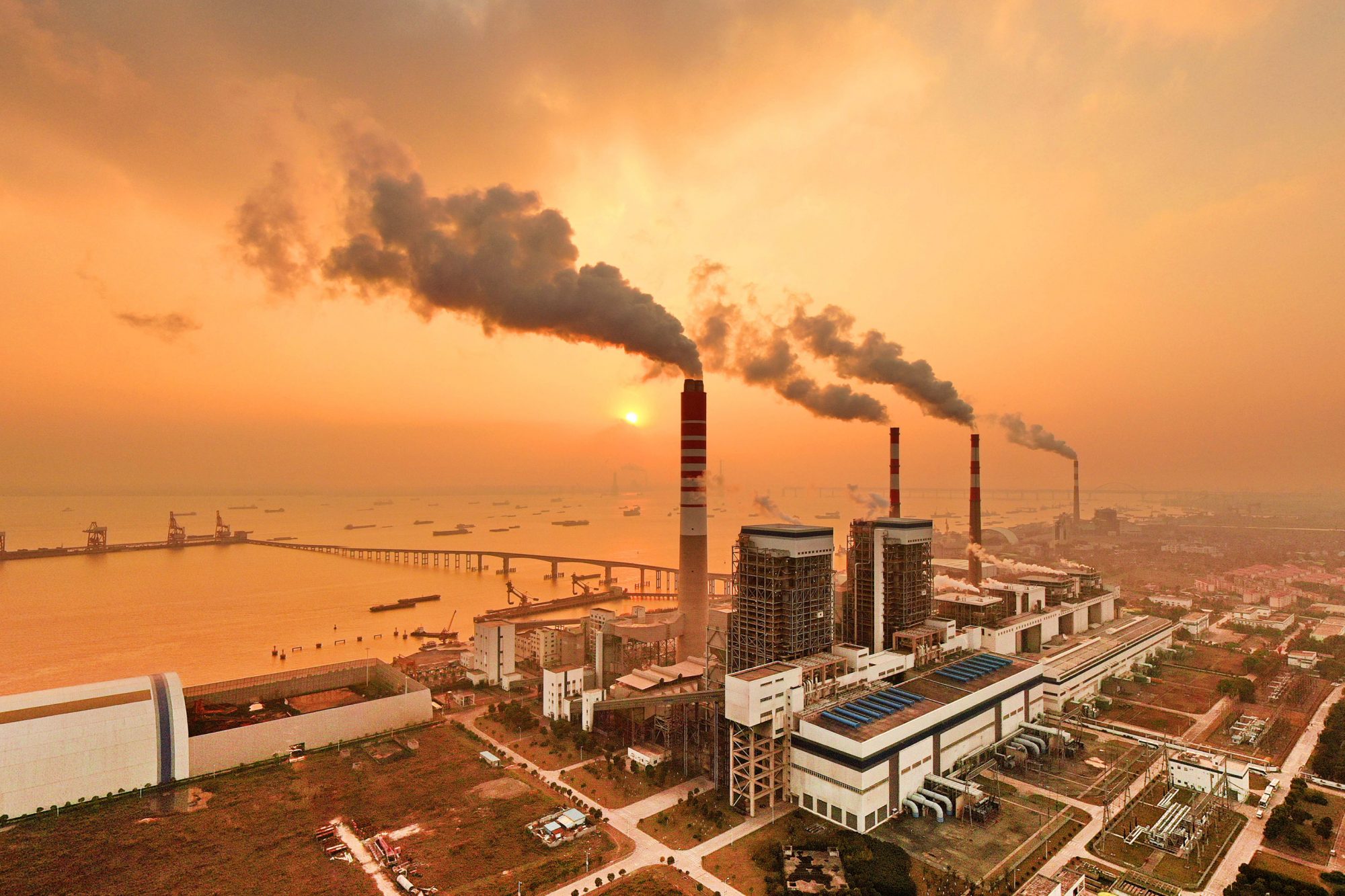
Well that’s a good thing isn’t it? At least in the ocean the CO2 won’t be contributing to Global Warming, right?
Perhaps not, but that doesn’t mean it’s harmless. In fact carbon dioxide dissolved in water forms carbonic acid and with all of the CO2 polluting our atmosphere enough is getting into the oceans to actually lower the pH of the world’s oceans. Not much, but remember most of the life on Earth lives in the oceans and those living things have evolved over millions of years to grow and survive at a pH level that is naturally slightly alkaline. Even the slightest change in pH level can make life very difficult for them.

This is especially true of shellfish, crabs, lobsters, clams, oysters and the like, even coral itself. You see the shells of these creatures are composed of calcium carbonate, which dissolves in acids. Now the oceans aren’t becoming acidic enough to actually dissolve the shells of shellfish, not yet at least. What it is doing however is making it harder for those animals to grow their shells. This is especially true for the larval stages of shellfish.
Consider Dungeness crabs, one of my favourite foods, for example. Studies conducted by the Southern California Coastal Water Research Project and funded by the National Oceanographic and Atmospheric Administration (NOAA) have found that Dungeness crab larva off of the coasts of Oregon, Washington and British Columbia are having damage caused to their shells by ocean acidification from the moment they hatch from their eggs.
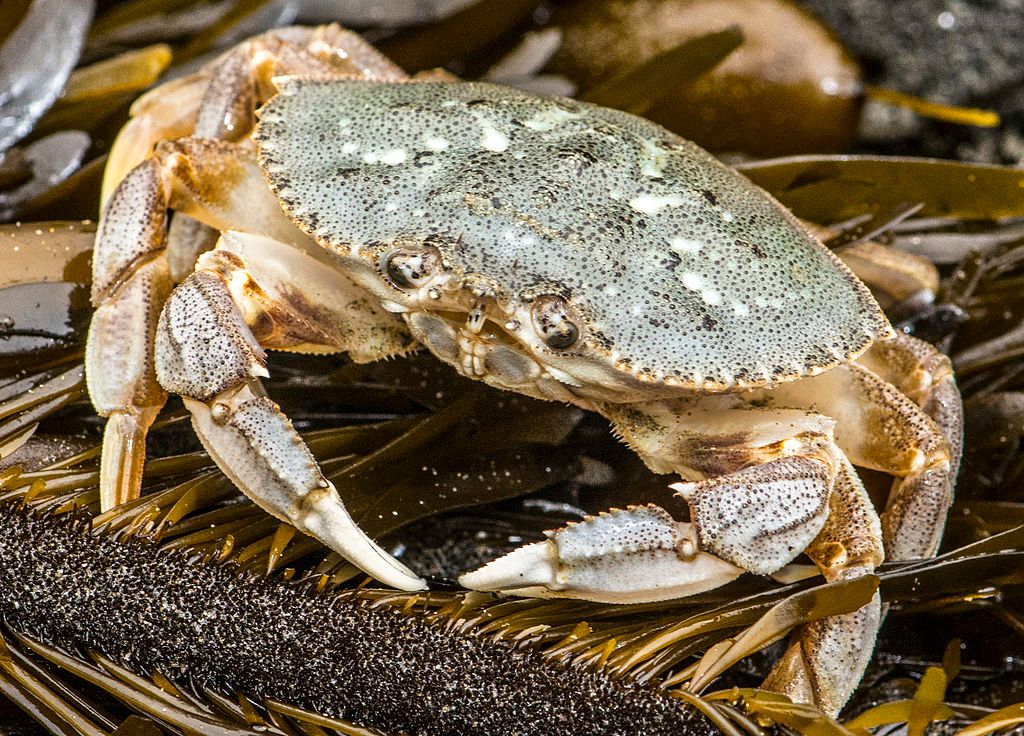

Even if those larva survive this damage to their shells will effect the crabs throughout their lives, making it harder for them to move and feed, harder to defend themselves against predators, harder to reproduce, just plain harder to live. Such added stress on a species survival can lead to a population collapse, in this case the collapse of a very valuable commercial species. Did I mention I think that Dungeness crab is delicious?

Other studies have revealed similar threats to other important kinds of seafood, clams, oysters and mussels. As the human race becomes ever more dependent on the oceans for food we are actually poisoning the very species that we are harvesting in ever greater numbers to feed ourselves.
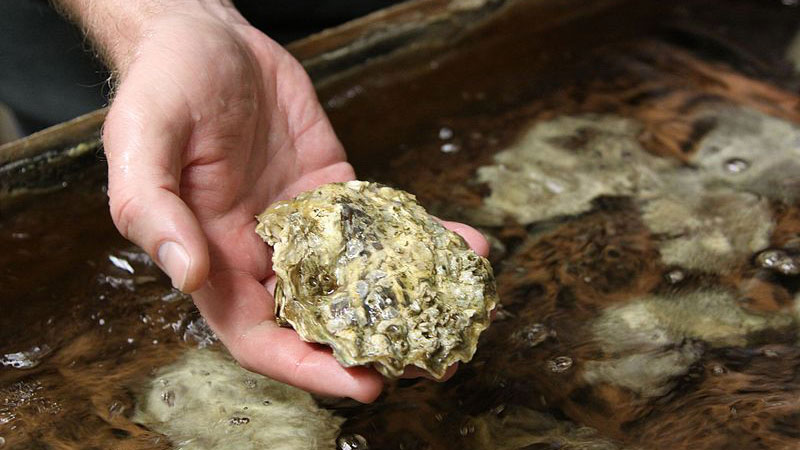
So far I been discussing the potential harm to shellfish, invertebrates caused by ocean acidification, what about actual fish, vertebrates? Well there’s some bad news there as well. A new study from the Heinrich-Heine University in Duesseldorf along with the University of Duisburg-Essen in Germany has analyzed the effect of lower pH on the growth of the skin scales of the Puff Adder Shyshark that lives in the Atlantic waters off of South Africa. These scales, like the shells of invertebrates, contain calcium and therefore are becoming damaged by the increase in ocean acidification.
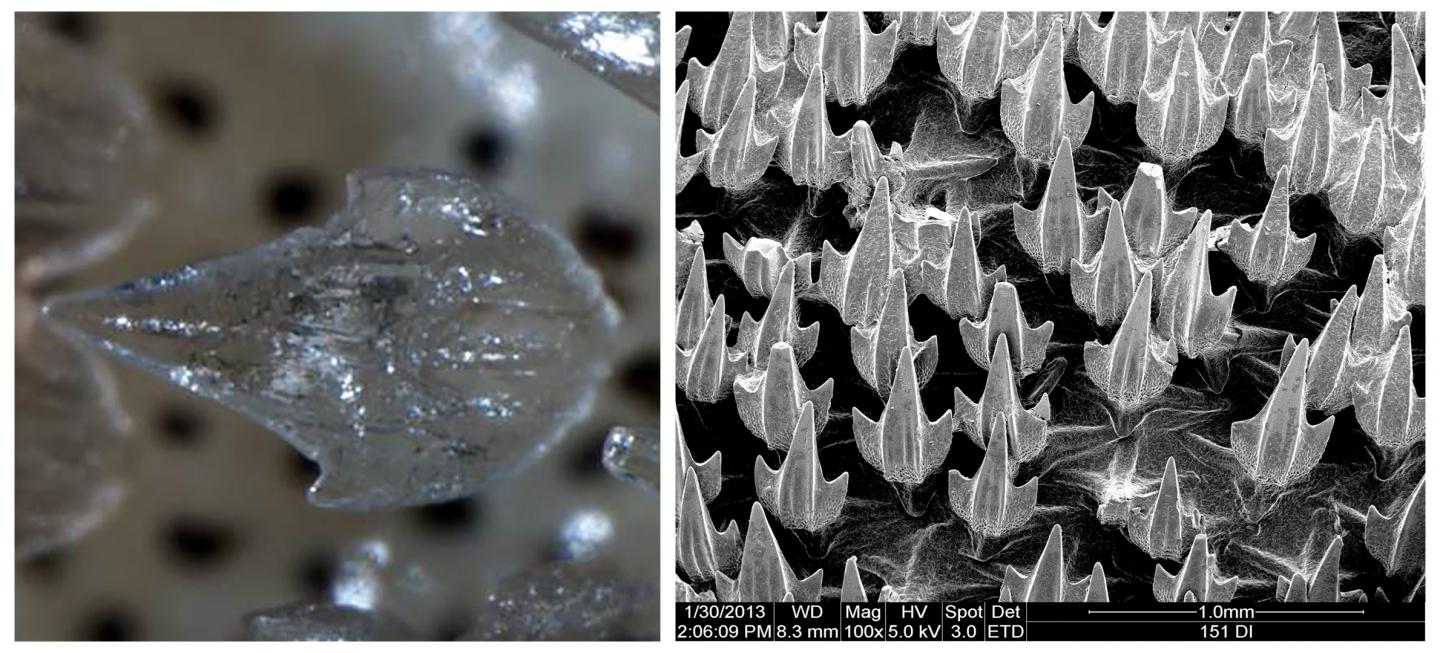
However even if fish are not directly harmed by the effects of ocean acidification they certainly will not avoid indirect damage from the loss of coral reefs. After all coral is calcium carbonate and large sections of coral reefs have already been observed to have been ‘bleached’, a loss of colour which indicates poor health. Further acidification, along with temperature rise, could lead to the loss of huge parts of the world’s coral reefs and all of the species that depend on those reefs.
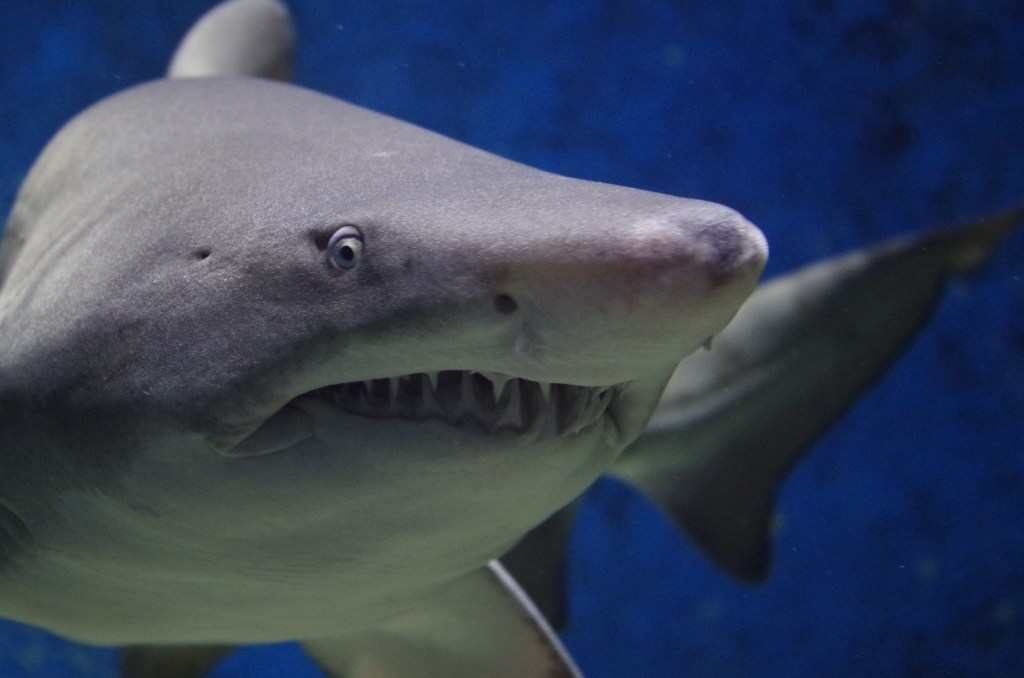
To sum it all up, we humans now have the greatest effect on the environment of any species in Earth’s history, but most of us are not even thinking about the effect we’re having. We’re still behaving as if the all of the many different kinds of waste that we throw away is ‘out of sight, out of mind’. That is no longer true, ocean acidification, like temperature rise and plastic pollution, is only one of the ways in which we are poisoning the only planet we have.
